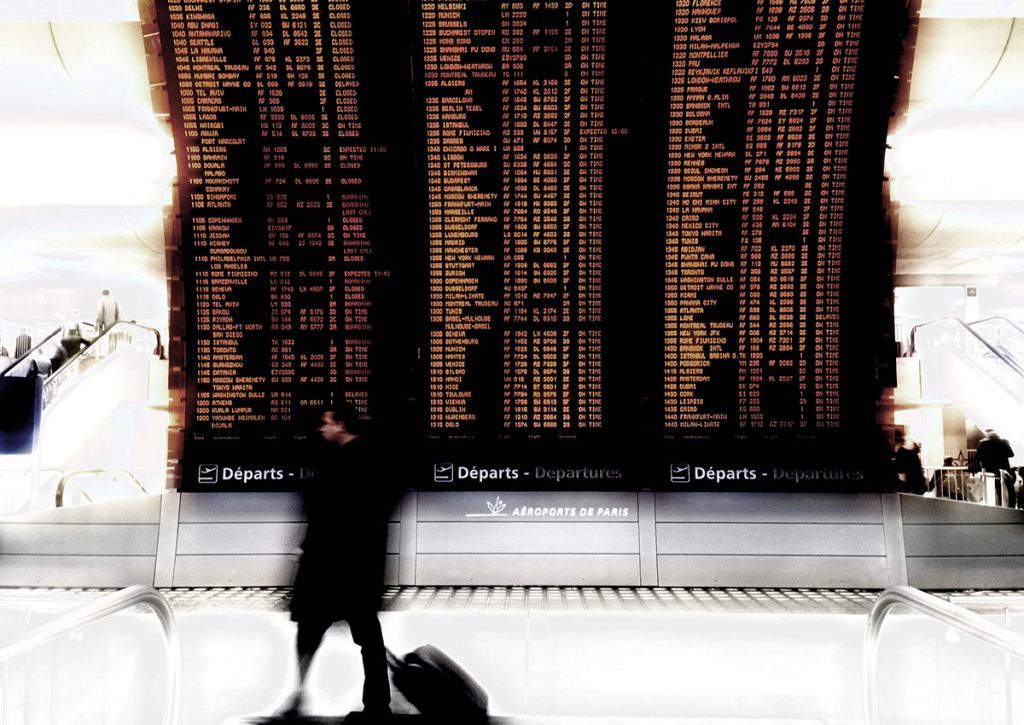1. Warning: a pinch of romantic flair and a tad of flamboyant licentia poetica seem very much in order to approach this overwhelming question.
2. If you ask, however, then please take a deep breath and let me answer:
3. You, a kid born in a mining town somewhere in Central Europe who came of age in that same town only to leave it out of sheer ignorance of what’s out there, and to leave it for good and for another not too small but not too large town either, a 1000 miles away, you, who struggled to make a living in foreign lands, soon to discover you have been falling in love with these lands multiple times and that they are home to you now just as your home back there somehow still remains, where your loved ones remained, but new loved ones now exist too and they are very distant to each other, however you hold them dear the same anyway and realize all this did not happen elsewhere but right here, you say, rather right here all along.
4. I see you as this mad teenager; on your way to adulthood and maturity you struggle: against feelings and thoughts and ideas and you only manage to fight your way forward because you do not know it is the hardest struggle you could ever imagine for maturity is certainly not for everybody, but who knows whether it is for you, and now you only know you must go, go, go.
5. Be advised, though. Hear Luis Garcia Montero, a Spanish poet saying: “Nobody shall bathe in tears twice at the same airport. For there are planes that take off from nowhere and nowhere they land.”
6. You are in peril indeed; you could as well board one of these planes and not return for you would have forgotten what was the word for ‘home’ here, what would you do then, how would you love and oh my, do you know there is many of you suffering this hardship and that you are supposed to build something together for the sake of children you may never see thrive and prosper?
7. Yann Martel was right when he wrote: “Indeed, from my earliest years the idea of transformation has been central to my life. (…) I changed schools, languages, countries and continents a number of times during my childhood. At each change I had the opportunity to re-create myself, to present a new façade, to bury past errors and misrepresentations.”
8. Now I say, while you were roaring down that road your homesickness was replaced with the love for any place.
Aleksander Szojda (Poland)
This article was written in the context of the debate “What does it mean to be European?” organised by the European Civilization Chair of the Natolin campus of the College of Europe and the Geremek Foundation on 4 November 2015.

